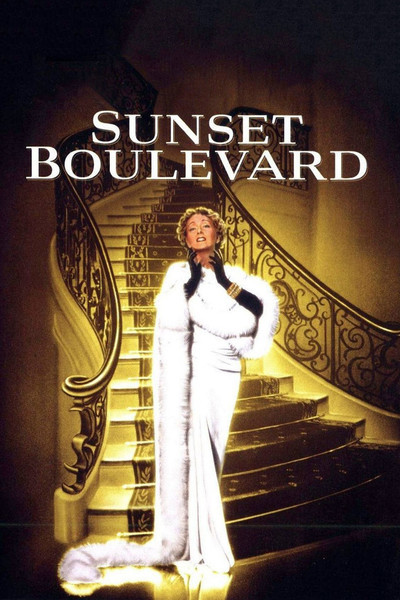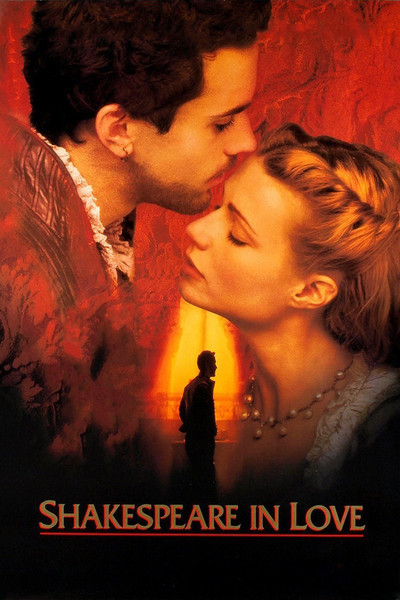The producer of Sunset Boulevard was Charles Brackett.
Sunset Boulevard (1950) is a classic black comedy, drama, and perhaps the most acclaimed, but darkest film-noir story about "behind the scenes" Hollywood, self-deceit, spiritual and spatial emptiness, and the price of fame, greed, and ambition.
The mood of the film is immediately established as decadent and decaying by the posthumous narrator - a dead man floating face-down in a swimming pool in Beverly Hills.
This classic, tragic film was highly-regarded at its time, honored with eleven Academy Award nominations and the recipient of three Oscars: Best Story and Screenplay, Best Black and White Art Direction, and Best Scoring of a Dramatic or Comedy Picture. The eight unsuccessful nominations were for Best Picture, Best Actor (William Holden), Best Actress (Gloria Swanson), Best Supporting Actor (Erich von Stroheim), Best Supporting Actress (Nancy Olson), Best Director, Best B/W Cinematography (John Seitz), and Best Film Editing.
The major starring role in the film, an inspired casting choice, was held by legendary silent film diva Gloria Swanson (Mae West was also a possible choice for the role), who "autobiographically" portrayed Norma Desmond - a deluded, tragic, ambitious actress whose career declined with the coming of the talkies. [Her name was a combination of the names of two early Hollywood figures: comedy star Mabel Normand, and silent-film director William Desmond Taylor (Normand's lover), who was murdered in 1922. There was an intensive investigation but his murder case went unsolved.

